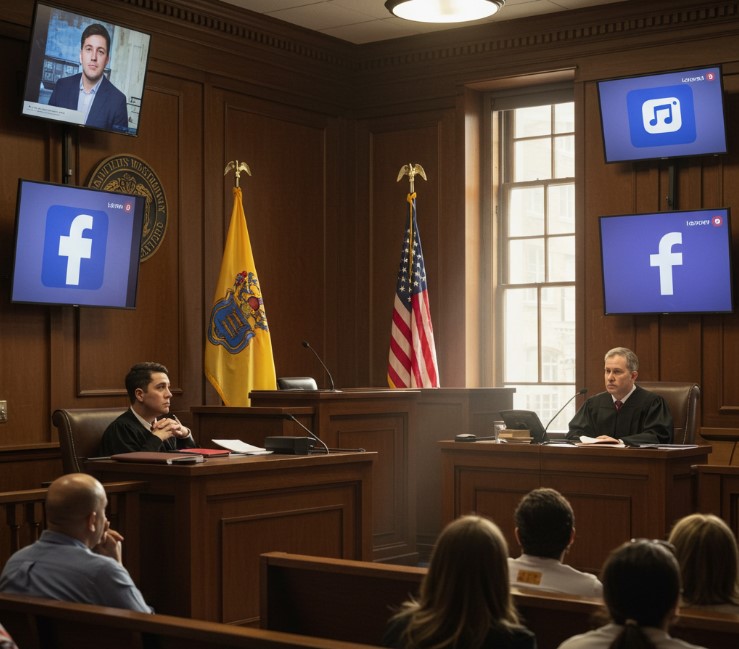Decision Allows for Easier Access to Data
Earlier this week, the New Jersey Supreme Court issued a decision which will require public agencies, including municipalities, throughout New Jersey to respond to requests for, and potentially to compile lists or reports containing, electronic information stored by the public agency. On June 20, 2017, the New Jersey Supreme Court reversed the Appellate Division’s decision in Paff v. Twp. of Galloway, which for over a year had guided requests for electronic information under New Jersey’s Open Public Records Act (“OPRA”).
In the Appellate Division’s underlying decision, the court cited the long-standing precedent of Bent v. Twp. Of Stafford Police Dept., which found that the plain language of OPRA “only allows requests for records, not requests for information.” The Appellate Division in Paff had held that “OPRA does not require the creation of a new government record that does not exist at the time of a request, even if the information sought to be included in the new government record is stored or maintained electronically in other government records.” In essence, the Appellate Division found that even if the creation of a list of documents took only a few clicks of a mouse and a couple minutes of time, the public agency had no obligation to generate that document for a requestor. Accordingly, any requests for information contained in electronic records, or requiring a public agency to construct a list or report which was not already maintained, could be easily denied.
The Supreme Court’s decision on Tuesday in Paff v. Twp. of Galloway, took the complete opposite approach – holding that the definition of a “government record” which must be disclosed under OPRA includes information that is electronically stored. The Court stressed that the definition section of OPRA includes, within the definition of a “government record,” “information stored or maintained electronically.” The Court stated:
A document is nothing more than a compilation of information — discrete facts and data. By OPRA’s language, information in electronic form, even if part of a larger document, is itself a government record. Thus, electronically stored information extracted from an email is not the creation of a new record or new information; it is a government record.
Thus, the Court held that a request for a list of fields of information related to specifically-identified emails – including “sender,” “recipient,” “date,” and “subject” – was a valid request under OPRA.
The Court did examine the Township’s argument that the request was invalid pursuant to MAG Entertainment, LLC v. Division of Alcoholic Beverage Control, (holding that a request for “all documents or records” with respect to a certain subject amounts to a request for research, as opposed to a search, and is invalid under OPRA). However, the Court found that MAG did not apply, as Galloway Township conceded that the request at issue was very specific, and would have involved only 2 to 3 minutes of manipulation by the IT department to complete. Thus, while MAG remains valid support for denials of requests for research, it does not apply to those cases requesting detailed items of electronic information.
The Court also recognized that, while electronically stored information is considered a government record which must be disclosed in general, that information may still be subject to other exemptions under OPRA such as for security or individual privacy concerns, and may be denied or redacted accordingly. And finally, the Court did note that a special service charge may still be assessed when a request for a record requires “a substantial amount of manipulation or programming of information technology.”
In sum, public agencies are no longer afforded a simple denial under the Appellate Division’s decision when a requestor seeks the compilation of electronic information that was not already maintained in a list or report. Now, the request will be subject to the following standards:
(1) to see whether it properly identifies the electronic information sought, or instead amounts to a request for “research” as opposed to a “search;”
(2) to determine whether completing the request will involve “a substantial amount of manipulation or programming of information technology” for which a special service charge may be applied;
(3) to review and either redact or deny those portions of the request which are otherwise exempt under any other OPRA exemptions.
If you need further information or clarification on this latest decision, please do not hesitate to contact the firm.
Author: Andrew J. Ball













